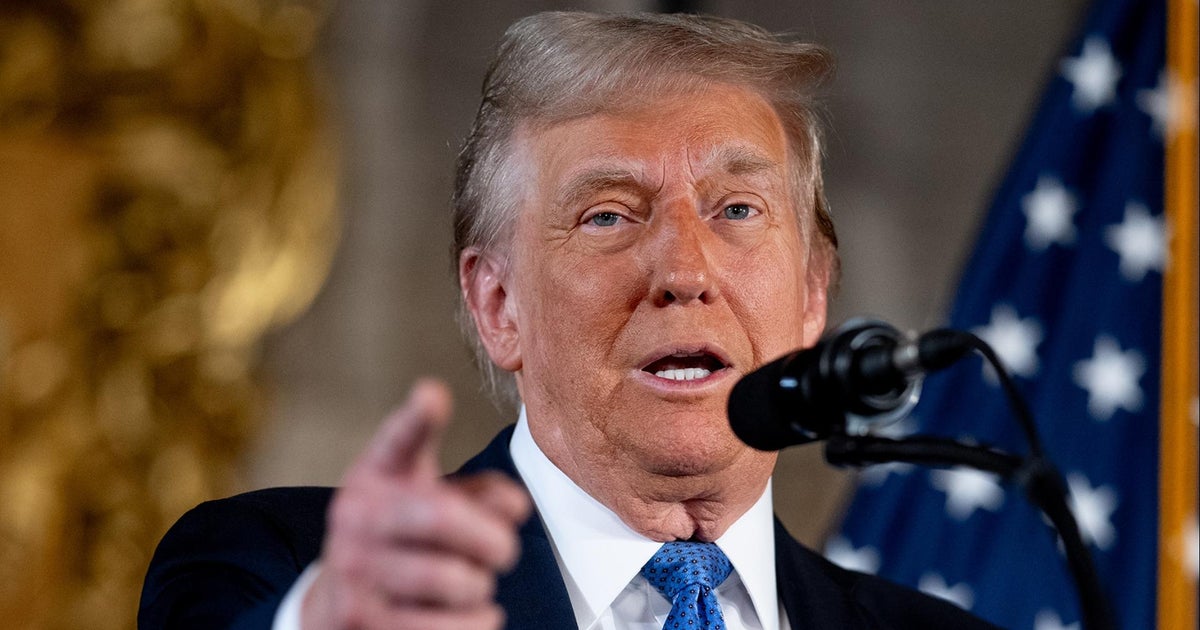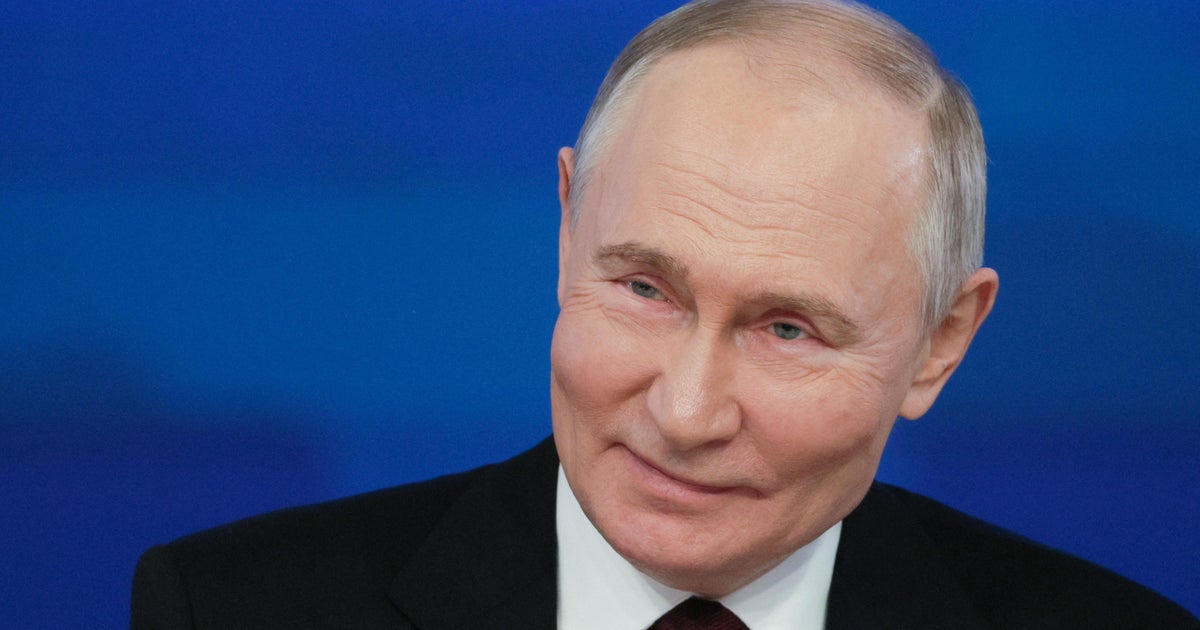Trump on $16 billion in farm aid: Is he right China is paying for it?
- President Donald Trump falsely claimed $16 billion in farmer aid will come from China.
- The tariffs enacted by Mr. Trump are paid by U.S. consumers and businesses, not China, as he claimed.
- The $16 billion in aid will be paid by the U.S. Treasury Department, not China.
In announcing $16 billion in aid for American farmers and ranchers hurt by the U.S. trade war with China, President Donald Trump sounded a familiar note -- that the Chinese will bear the costs of his administration's policies and latest show of largesse.
"It all comes from China," Mr. Trump said Thursday. "We'll be taking in, over a period of time, hundreds of billions of dollars in tariffs and charges to China. And our farmers will be greatly helped. We want to get them back to the point where they would have had if they had a good year."
Yet while farmers might well be helped by the financial assistance, Mr. Trump misrepresented how tariffs work and the source of that $16 billion. The president has repeatedly claimed -- falsely -- that China pays the tariffs levied by his administration. In reality, American companies like Ford, Walmart and others that import goods from China foot the bill -- costs that are typically passed on to U.S. consumers. As for the aid, the $16 billion will come from Treasury coffers.
$831 per family
Meantime, the costs for consumers are mounting up. The recent round of U.S. tariffs on $200 billion in Chinese imports will cost American households $106 billion a year -- that amounts to $831 for the average American family, economists at the New York Federal Reserve said this week.
"[R]etailers and consumer goods producers generally expect the burden of the upcoming tariffs to fall on consumers," Goldman Sachs analysts said in a client note. "Despite plans to partially offset them via cost reduction initiatives and sourcing changes, retailers including Walmart, Target, Macy's and Wayfair all expect higher consumer prices."
Mr. Trump's tariffs are designed to make Chinese imports more costly for American consumers, who may seek out lower-cost items made in the U.S. or from countries that aren't facing the higher tariffs. That will result in lower demand for Chinese imports, creating a bargaining tool in trade negotiations.
Treasury pays
However, China isn't paying the tariffs, nor are Chinese exporters funding the $16 billion in aid designated for o to U.S. farmers and ranchers.
Instead, that money will come from the Commodity Credit Corp., part of the U.S. Department of Agriculture. The CCC was created in the 1930s to stabilize and protect farm income, with the Wall Street Journal noting it has the authority to draw $30 billion annually from the Treasury Department in support of farmers.



